
MBTAAnalysis: A look inside the MBTA
0 Comments
/
The MBTA shuttles over a million passengers a day around Greater…
 https://pioneerinstitute.org/wp-content/uploads/CloseupClock-1.jpg
739
1244
Mary Connaughton
https://pioneerinstitute.org/wp-content/uploads/logo_440x96.png
Mary Connaughton2017-02-20 12:34:192017-02-21 09:47:58The Clock is Ticking…….
https://pioneerinstitute.org/wp-content/uploads/CloseupClock-1.jpg
739
1244
Mary Connaughton
https://pioneerinstitute.org/wp-content/uploads/logo_440x96.png
Mary Connaughton2017-02-20 12:34:192017-02-21 09:47:58The Clock is Ticking…….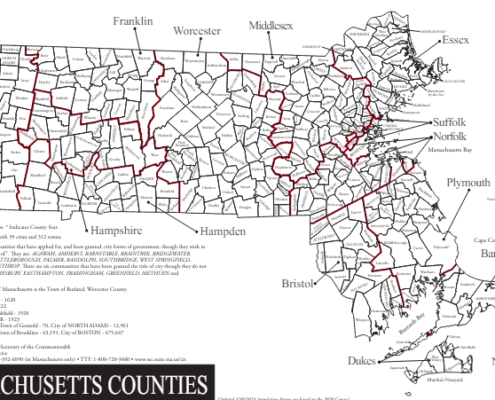
Migration to Massachusetts in 2022: Where Are People Going?
With thousands moving to Massachusetts every year, they bring income and assets that can affect the local economy. However, people from different regions of the country tend to favor different parts of Mass more or less, though the more urban area around Boston is al

The Economic Development Bill Starting to Take Shape; It Makes Big Bets on Life Sciences, Clean Technology and Applied AI
The Massachusetts Senate debated S.2856, its version of the biennial…

Study: U.S. Immigration System Limits Benefits Foreign Students Could Provide
Slow, inefficient system that discourages entrepreneurship puts U.S. at a competitive disadvantage

At a Glance: Who Moved to Massachusetts in 2022?
State-to-state migration can have serious impacts on the local economy. Migrants to Massachusetts come from all over the country, but significant portions of both new taxpayers and new taxable income come from just a few sources, such as New England, New York, Florida, and California.

Is Free Community College What Massachusetts Needs?
The Massachusetts Senate proposed making community college tuition free for all residents of the Commonwealth as part of its FY2025 budget. Pioneer explores whether this program is what Massachusetts needs to prepare its residents for gainful employment and how it interacts with the state's extensive workforce development infrastructure.

Unemployment in Massachusetts by Race
Unemployment rates vary based on racial groups. Most minority groups face higher unemployment rates in Massachusetts than the majority White population.

The Housing Crisis has a Hand in Massachusetts Out-migration Trends
Recently published IRS data shows that net out-migration from…

Latest IRS Migration Data Show Exodus from Massachusetts Continues
Massachusetts shed more than double the amount of adjusted gross income (AGI) in 2022 than any year prior to 2020, making it fifth among states in net AGI out-migration behind only California, New York, Illinois and New Jersey, according to data released Thursday by the Internal Revenue Service.
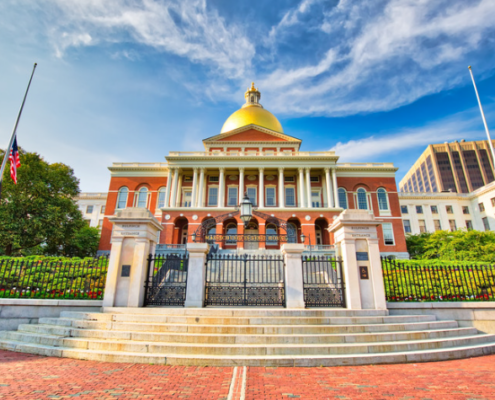
Massachusetts Legislature Procrastinates Once Again
There are less than seven weeks left to the Massachusetts Legislature’s…

Study Finds Prevalence of Entrepreneurship Tied to Regulatory Environment, Portion of Immigrants
The prevalence of entrepreneurship is linked to both the regulatory environment and the portion of foreign-born immigrants in a jurisdiction, according to a new study published by Pioneer Institute.

Thoughts on Outmigration and Competitiveness
?Thoughts on Out Migration and Competitiveness
A…

Study Finds Supply Shortage at the Heart of Greater Boston Housing Crisis
Construction costs, land use regulation and zoning among…

Commentary On The Senate Ways And Means Committee FY2025 Budget
The Senate Ways and Means Committee (SWM) released its FY2025 budget on May 7th. This spending plan totals $57.9 billion, an increase of $1.8 billion over the FY2024 General Appropriations Act (GAA). Like the Governor’s and House’s versions of the budget, the SWM budget is based on the consensus revenue estimate of $41.5 billion in tax revenue - a decrease of $208 million from last year’s consensus figure.

Pioneer Statement on Continuing Slide in Massachusetts’ Revenue
The Commonwealth’s tax collections continue to slide, totaling $3.594 billion in January, $268 million below what the state collected in January 2023, and short of the revised benchmark by $263 million. Massachusetts state government must live within its means by reducing FY2025 spending. The days of fiscal surpluses, unprecedented increases in year-over-year spending, and flowing federal aid have come to an end.
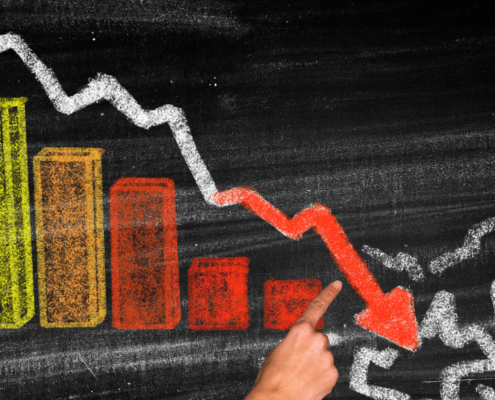
Pioneer Statement on Decline in State Revenues
The Commonwealth’s finances have stumbled hard in recent months, and based on a report the Department of Revenue (DOR) sent to the Legislature in January, the trend shows no signs of easing. Massachusetts needs a renewed emphasis on fiscal discipline and pro-growth policies to make the state economically competitive again.

Skill-based immigration could ease labor shortage
A recent Biden administration executive order that amends the Schedule A list, which identifies occupations experiencing labor shortages and allows immigrants in those occupations to expedite their employment in the U.S., could positively impact the hiring of skilled international workers for years to come — a welcome development as the country and Massachusetts struggle to attract talent amidst a worsening labor shortage.
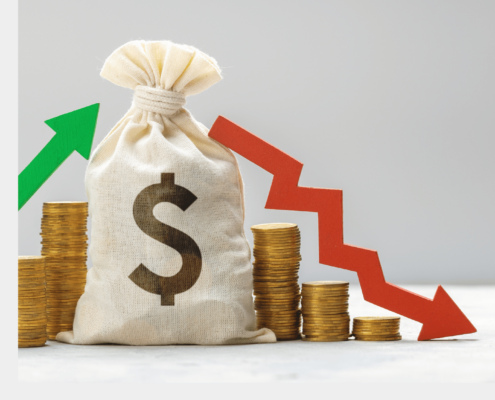
My Musings on Massachusetts’ Fiscal Picture
Since the start of FY2024 on July 1, 2023, the state has experienced six straight months of revenues falling short of expectations. The single biggest factor is the unprecedented growth of the state budget since FY2021. The $15 billion increase in state spending contextualizes the seemingly modest projected revenue growth of 1.6 percent for FY2024 by highlighting that the base is very inflated.
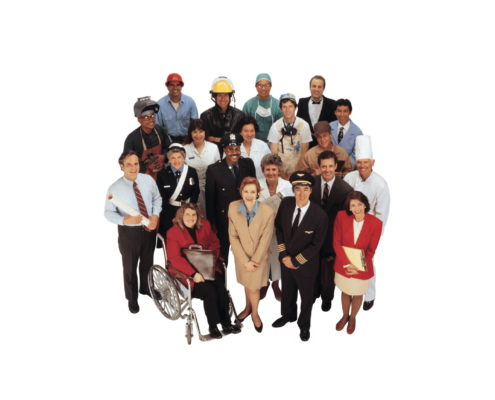
The Massachusetts Workforce: Abundant Resources, Steep Challenges
Massachusetts features a strong workforce training system with abundant resources yet faces challenges in matching jobs and applicants, training youth, and attracting sufficient numbers of skilled immigrants, according to a pair of studies from Pioneer Institute.
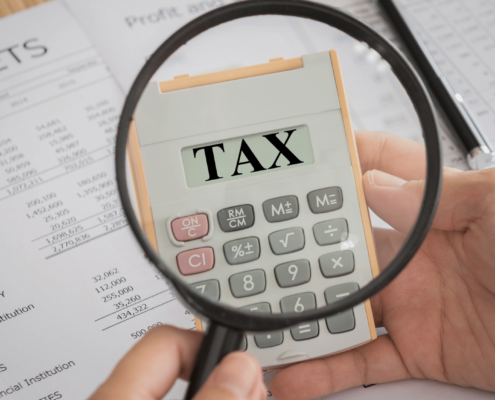
Pioneer Institute Statement on the State Legislature’s FY2024 Tax Relief Package
The recent advancement of a tax bill H. 4104, that is expected to be enacted by the Legislature this week after languishing for more than 20 months, puts Massachusetts taxpayers one step closer to realizing some tax relief. However, it may be too little to tackle the Commonwealth’s affordability and competitiveness challenges.

Poll: MA Voters Oppose Legislative Proposals to Change Tax Rebate Law
A strong majority of registered Massachusetts voters oppose a plan recently announced by state legislative leaders that would change the way tax rebates are distributed in Massachusetts under a state law approved by voters in 1986, according to a new poll sponsored by Pioneer Institute and the Massachusetts High Technology Council.

A Tale of Two Massachusetts: Wealth and Labor Differences Between East and West
This blog compares the income, wealth, and property values of western Massachusetts to those of eastern Massachusetts, highlighting the west's potential for growth.
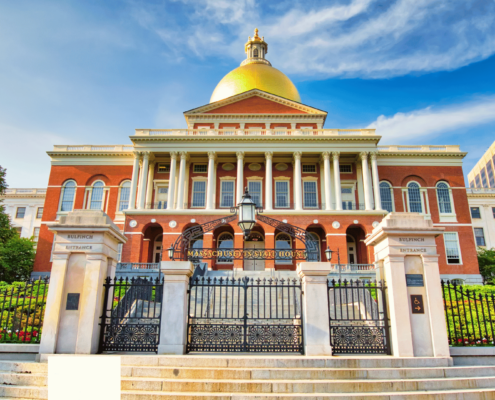
Senate Tax Package Misses the Mark on Competitiveness
The Senate tax package, S.2397, is heavy on provisions that reduce the tax burden for certain taxpayers, thereby helping those that qualify for the expanded credits and deductions. The bill, however, is light on provisions that will improve the Commonwealth’s competitiveness.

Study: Immigrant Entrepreneurs Benefit N.E. Economy, Despite Facing Obstacles to Growth
BOSTON – Immigrants in Massachusetts and New England are more likely to be self-employed, but the businesses they own tend to be in different industries than those owned by the U.S. born, according to a new study published by Pioneer Institute.

A Model for Occupational Licensing Reform in the Bay State
Licensing for many professions squeezes the supply of services, artificially inflating prices and creating wage premiums. One study from the Institute for Justice put the wage premium relative to an environment without any occupational licensing at a whopping 22 percent in Massachusetts.

Study Finds Massachusetts Workforce Has Become More Female, Older, More Diverse
The Massachusetts labor force has transformed in recent decades, with some of the biggest changes being the advancement of women, workers getting older and more diverse, and a divergence in labor force participation rates based on levels of educational achievement, according to “At a Glance: The Massachusetts Labor Force,” a white paper written by Pioneer's Economic Research Associate Aidan Enright.
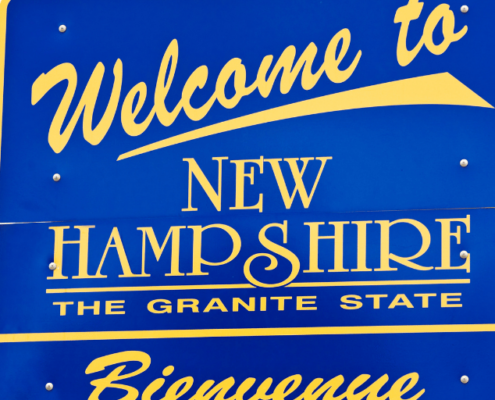
New IRS Data Shows Out-Migration Worsening, Underscoring the Need for Massachusetts Leaders to Focus on State’s Competitiveness
Massachusetts’ net loss of adjusted gross income (AGI) to other states grew from $2.5 billion in 2020 to $4.3 billion in 2021, according to recently released IRS data. Over 67 percent of the loss was to Florida and New Hampshire, both states with no income tax.

Public Statement on the House’s Proposed Tax Reform and Budget
Pioneer Institute applauds key tax reform provisions advanced by the Speaker and House leadership, including a reduced short-term capital gains tax rate and implementation of a single sales factor apportionment. But leadership must do more to bolster the state’s economic competitiveness and slow out-migration of wealth and business owners that endangers the commonwealth’s economic future.

Debunking Tax Migration Myths
Provisions of Gov. Healey’s $876 million tax package targeted to higher-income earners — including revisions to the estate tax and a reduction in the tax rate for short-term capital gains — are important for encouraging taxpayers subject to them to remain in Massachusetts, according to a new analysis from Pioneer Institute.
 Image by Freepik.com
Image by Freepik.comA History of Rent Control Policy in Massachusetts
While many may only remember the 1994 referendum and the laws…

Corporate Ownership: A Threat to Housing Affordability?
An increase in corporate ownership of housing has some experts worried about potential consequences of such a shift. One study found a link between LLC ownership and housing stock that is in disrepair, with more rapid deterioration than would be expected if ownership had not changed.
